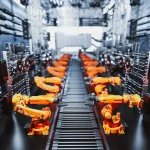
6 Common Challenges in Industrial Automation
Monday, April 7, 2025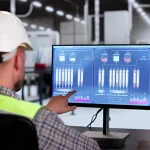
Top 5 Metrics Industrial Performance Metrics
Monday, April 21, 2025INDUSTRIAL DIGITALIZATION
Why is Real-Time Monitoring Important in Industrial Production?
Learn about why Real-Time monitoring is important in Industrial Processes
Real-Time Monitoring
Why is it important in Industrial Production?
The Power of Real-Time Monitoring
In today’s fast-paced manufacturing environment, real-time monitoring has become more than a luxury—it’s a necessity. For industries like steel, cement, and chemical processing, having the ability to track and respond to operational data instantly can significantly improve productivity, reduce downtime, and boost safety. This blog explores why real-time monitoring is essential and how it empowers industries to operate smarter and more efficiently.
Benefits of Real-Time Monitoring
Despite several technological advancements, some industries, such as steel, cement, glass manufacturing and others continue to rely on manual data entry and paper-based reports. This approach presents several challenges.
1. Immediate Detection of Operational Issues
Real-time monitoring allows plant managers and operators to detect anomalies and issues as they happen. Whether it’s a sudden temperature spike in a furnace or a pressure drop in a critical pipeline, instant alerts enable immediate corrective actions—preventing small problems from escalating into major disruptions.
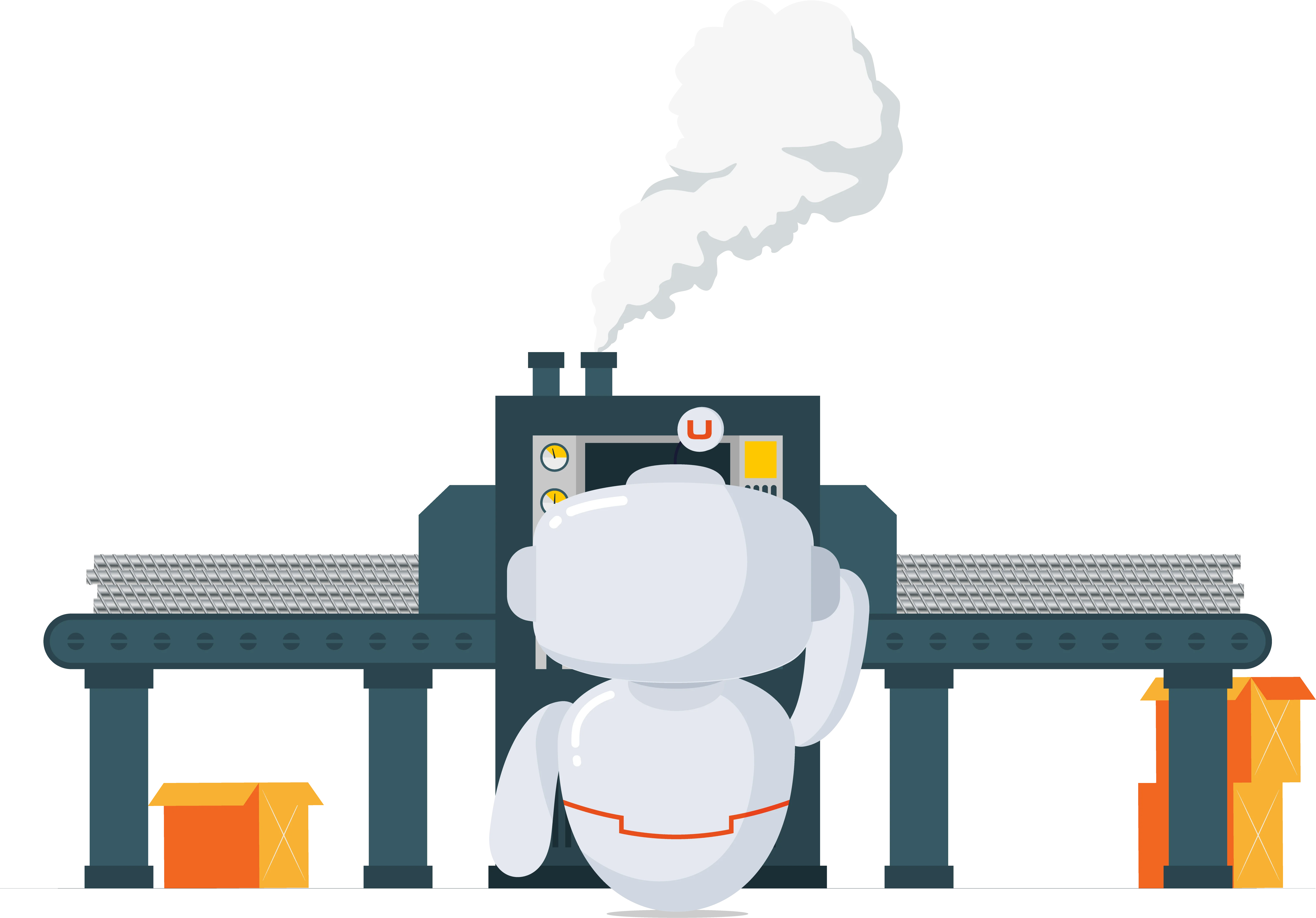

2. Increased Equipment Uptime
By continuously monitoring machinery and equipment, real-time systems support predictive maintenance strategies. Rather than waiting for a breakdown, data trends can indicate when a part is nearing failure—allowing maintenance teams to intervene before a problem arises.
3. Better Resource Management
Real-time monitoring improves the management of critical production resources like raw materials, energy, and labor. Plants can adjust input levels based on current demand or shift conditions, optimizing efficiency.
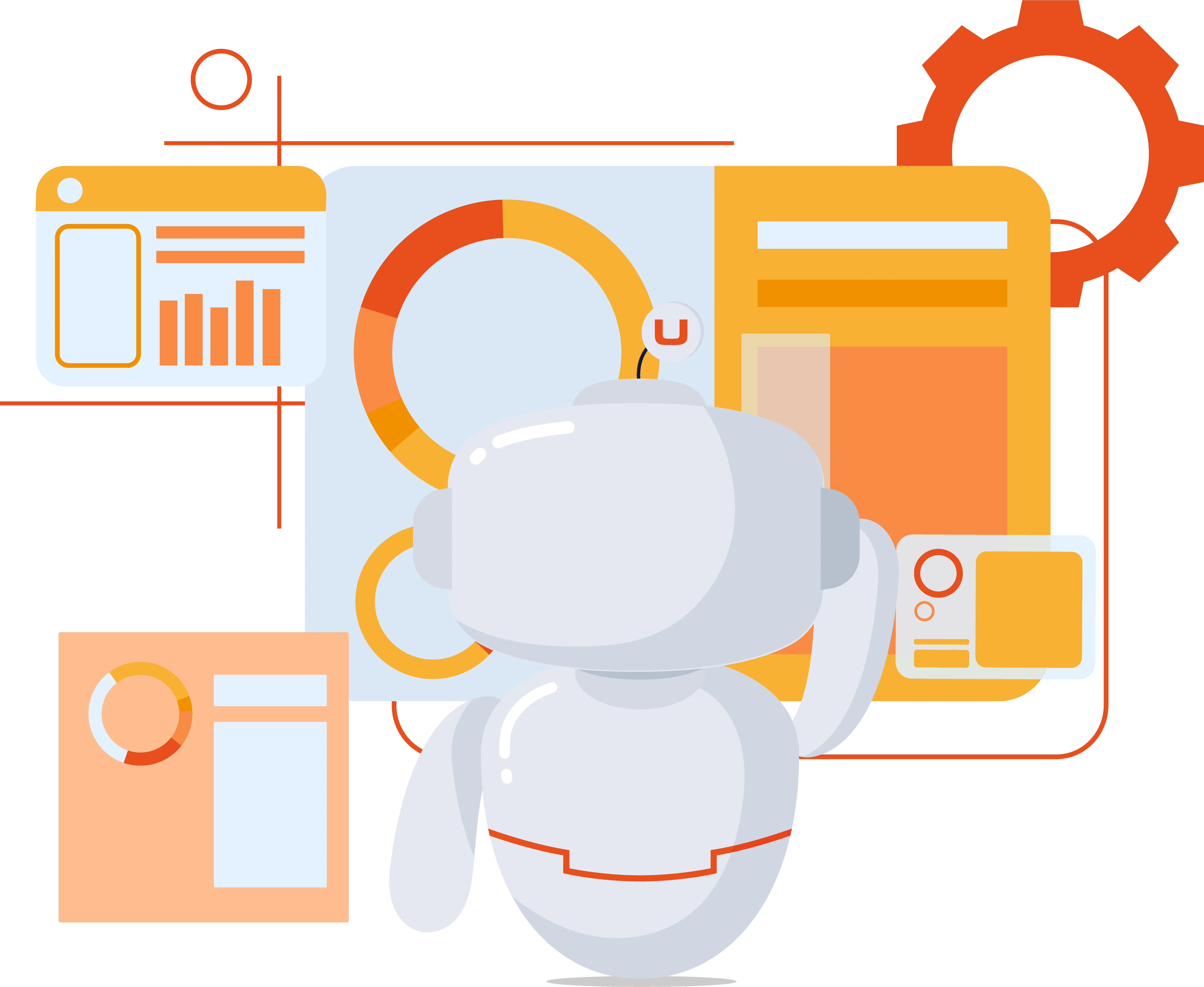

4. Enhanced Product Quality
Consistent product quality requires tight control over process variables. Real-time monitoring ensures that parameters like temperature, pressure, and flow rate remain within target ranges. Deviations are flagged immediately, allowing for swift adjustments.
5. Streamlined Decision-Making
With access to up-to-date data, plant managers can make faster and more informed decisions. Whether it’s adjusting shift schedules, reallocating resources, or responding to an equipment alert—real-time insights lead to better operational control.

Importance of Real-time Monitoring
1. Automated Data Collection
Sensors, IoT devices, and software can automatically capture and store data, eliminating the need for manual logging.
2. Real-Time Monitoring
Managers and engineers can access live data dashboards, enabling quick responses to operational issues.
3. Data Accuracy & Security
Digital records reduce human errors and offer secure cloud-based storage to prevent data loss.
4. Fast & Easy Reporting
Generating reports takes seconds with digital tools, improving efficiency and transparency.
Your Industry's Future
Adopting Real-time Monitoring.
As industries become more competitive, digitalization is no longer optional—it’s essential for long-term success. Whether in steel, cement, or other manufacturing sectors, modern digital tools can revolutionize operations, making them more efficient, cost-effective, and sustainable.
Industrial Digitalization Solutions from Unisons
Unisons is providing Digitalization Services for Your Industry
At Unisons, we specialize in digital transformation solutions for various industries, including steel, cement, glass, fertilizer manufacturing and various others. We are able to provide software solutions, custom-tailored to your needs, which enable you to,
1. Automate industrial processes
Automate your day-to-day tasks, streamlining operations and minimizing manual intervention, reducing the risks of human errors.
2. Monitor and control multiple production units
Our software solutions allow real-time data analysis across multiple production sites through a single unified platform, enabling improved decision making.
3. Implement AI-driven predictive maintenance
Minimize downtime and increase efficiency by identifying potential equipment failures before they occur.
4. Enhance data security and compliance
Robust digital frameworks, ensuring industrial data integrity and protection against cyber threats.

Monitor your production through IoT Integration and precision control
Unisons has introduced a new Melting process management system called Smart Melt, designed to optimize and manage your melting processes. It enhances efficiency, accuracy, and automation through real time data acquisition and predictive analytics.
- Hardware Integration: Integrate hardware and equipment for streamlined automated reporting and inputs.
- Remote Access: Control multiple furnaces using a single device.
- ERP Synchronization: Ensure integration and synchronization with any ERP Software.
- Centralized Data: Centralize data across various platforms.
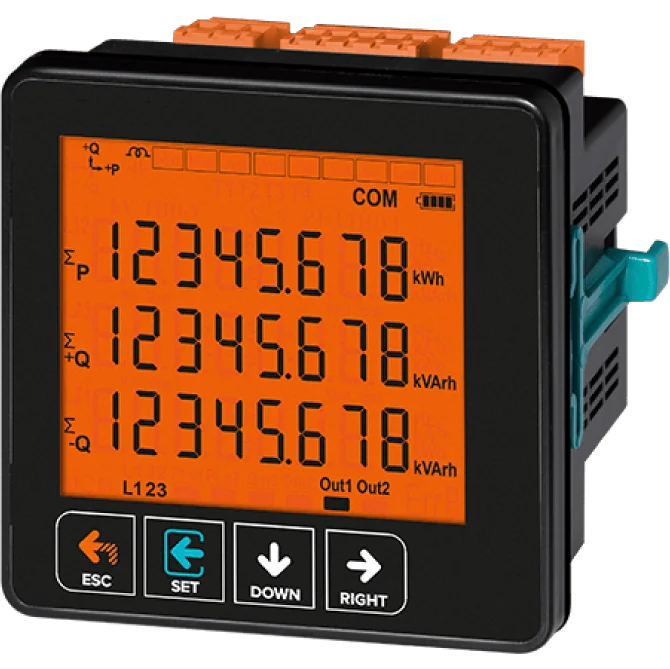
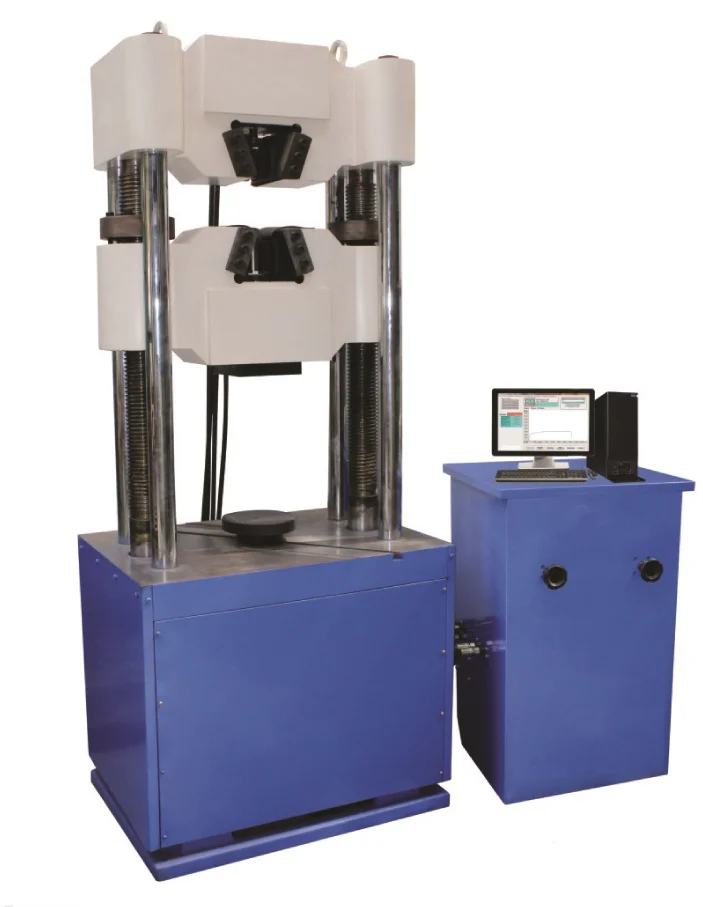
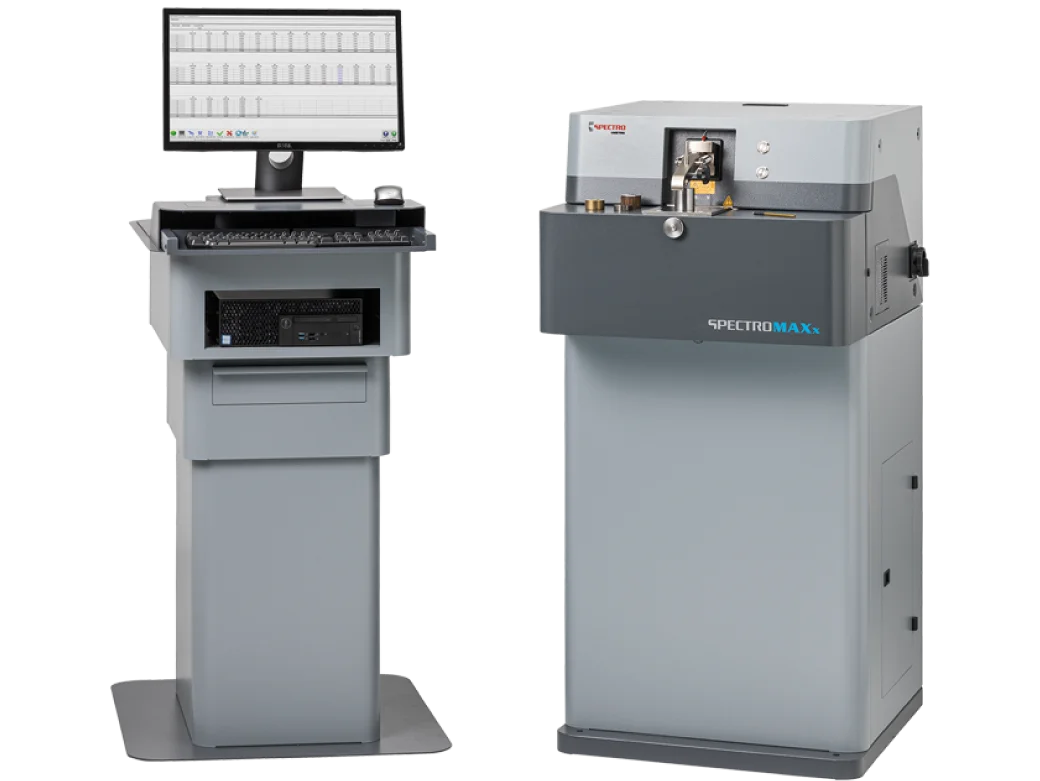
Track Energy consumption
Universal Testing Machine Integration
Spectro Machine Integration
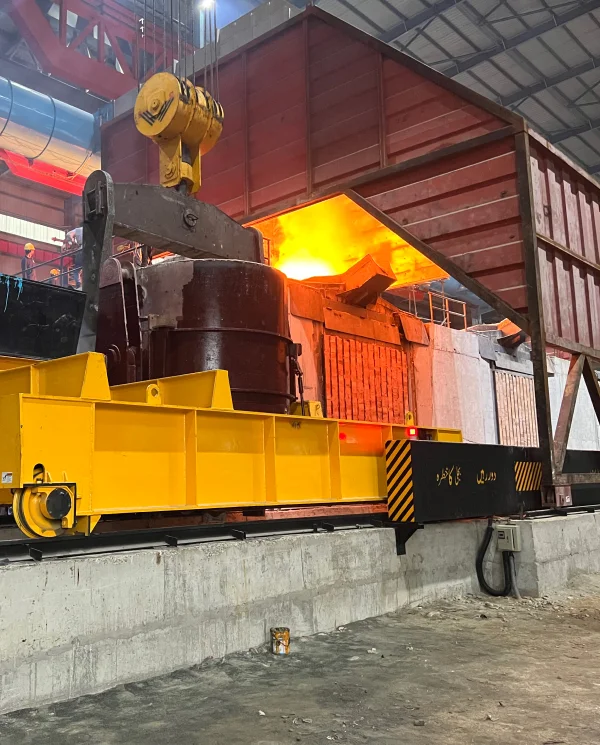
Digitalize your Industry
Digitalization automates data collection, reduces human errors, speeds up reporting, and allows real-time monitoring, leading to improved decision-making and operational efficiency.
Industries such as steel, cement, glass, manufacturing, and energy sectors benefit greatly from digitalization due to the need for efficiency, real-time monitoring, and process optimization.
Our team of experts will start by assessing your current manual processes, identifying key areas for improvement, to implement the right solutions tailored to your operations.




